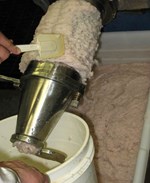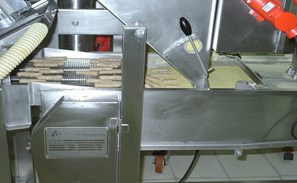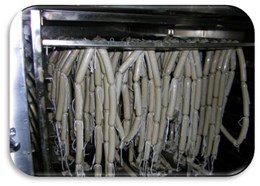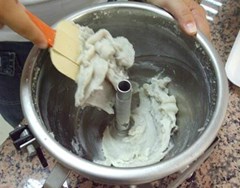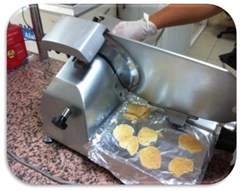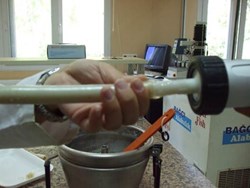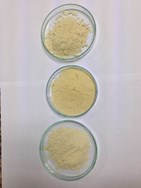EGE University | |
Ege University, the fourth founded university of Turkey is established in 1955. By the year 2020, Ege University includes 17 faculties, 9 Institutes, 4 Graduate Schools, 1 State Conservatory of Turkish Music,10 vocational schools, 6 rectorate units, 37 application and research centers. Fisheries faculty is the one of the faculties in the university. There are 403 active undergraduate students, 79 PhD students and 140 graduate students. It has 3 departments and 7 sections. The main purpose of the faculty is to train technicians (Fisheries Engineer) in the areas of marine and inland water science, fisheries, seafood processing technology and aquaculture. We provide practical training to our students with 27 research and practice laboratories in the faculty building and a one research vessel. We have a scientific museum which is used to archive Turkey's fish ecosystem samples and information on site. Our faculty encompasses a wide range of activities including education facilities and scientific researches. Scientific researches contribute to both private sector and literature. Faculty has consisted of three main departments. Aquaculture Department, Marine and Inland Waters Sciences and Technology Department, Fisheries and Seafood processing Department. Besides providing education to students and technical assistance and research services to companies and government , our department is also involved in a wide range of national and international collaborative researches.
Seafood processing department has focused on
| Current projects include Determination of functional and antioxidative properties of protein hydrolysate of fish processing by-products. Producing Protein Hydrolysate From Fish Heads, Which Are One Part Of Filleting By Products Of Gilthead Sea Bream (Sparus aurata), European Sea Bass (Dicentrarchus labrax) And Rainbow Trout (Oncorhynchus mykiss), Which Are Cultured In Turkey, And Determination Of Functional And Antioxidant Properties And Balance Of Protein Hydrolysate During Frozen Storage Determination of PPO activity with using tryrozine substrate - Comparision Of PPO Activity From Different Parts Of Deep Water Rose Shrimp Using Tyrosin Substrate. Also many different projects were completed by the Seafood Section Chemistry laboratory. Besides, Turkish team had experiences Fish hydrolysates and peptides. Their sub-unit profiles, in vitro and in silico investigation of metabolic effects. Electrical spesifications of fish meat, their relations with decomposition analysis parameters. Effects of oil type on frying fish. Obtaining DNA profiles of some fish species from to Aegean Sea. Many of these projects are carried out in close collaboration with industry. |
⬅︎ Back to list of Permanent National representative member institutes | |
Contact | WEFTA on social media | Sitemap
WEFTA
WORKING GROUP
Working groups meetings
MEMBERS | MEETINGS
WEFTA AWARD
NEWS
AGENDA
SEARCH
|


